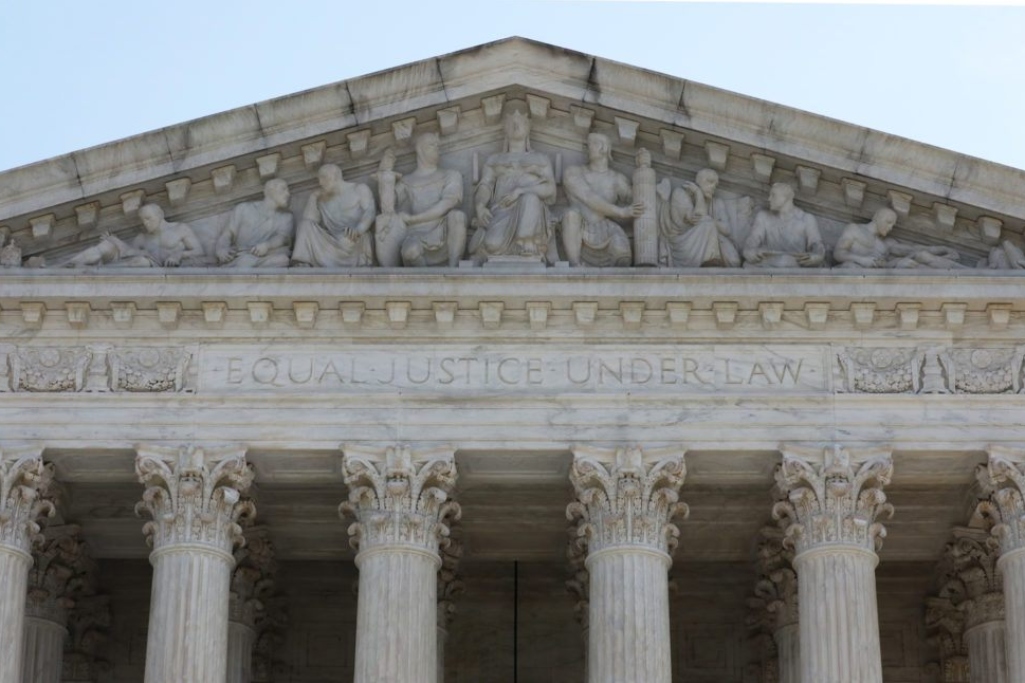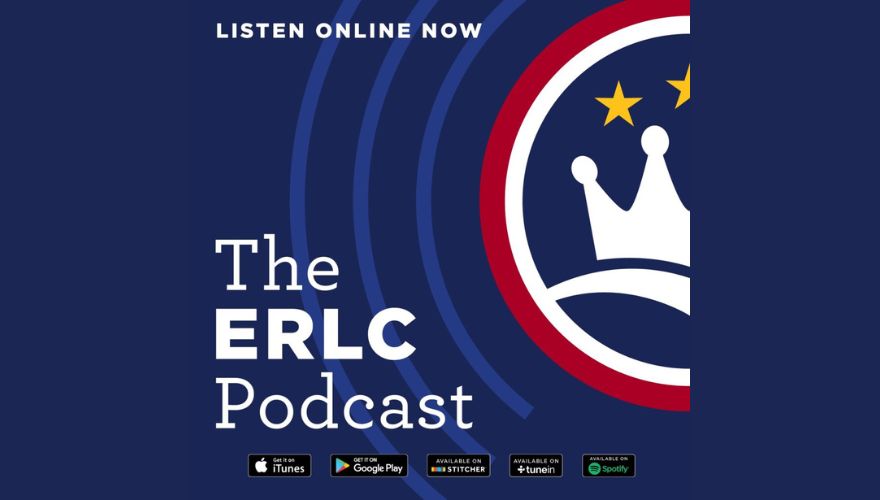
The U.S. Supreme Court.
WASHINGTON (BP) — The U.S. Supreme Court could not find five votes for either side in an appeal that would have established the first state-supported religious charter school in the nation, the court has announced.
The 4-4 split, made possible by Justice Amy Coney Barrett’s recusal, allowed to stand the lower court’s decision that it would be unconstitutional for St. Isidore of Seville Catholic Virtual School in Oklahoma City to be established with public funds.
“The judgment is affirmed by an equally divided Court,” the court said in its ruling May 22, with no further explanation of which justices would affirm or deny the appellants’ request. “Justice Barrett took no part in the consideration or decision of these cases.”
The court heard oral arguments in the matter on April 30, when St. Isadore of Seville Catholic Virtual School, the Oklahoma Statewide Charter School Board and others appealed the Oklahoma Supreme Court’s June 2024 ruling.
In the appeal, the petitioners said they were denied the benefit of opening a charter school “for no reason other than that they are religious,” according to documents filed with the court.
The Archdiocese of Oklahoma City and the Roman Catholic Diocese of Tulsa had sought since 2022 to establish the school. The application was first blocked in April 2023, with the Oklahoma Statewide Virtual Charter School Board citing a problem with the application. But a second application was approved two months later.
State Attorney General Gentner Drummond appealed the decision to the State Supreme Court, successfully overturning the school board’s ruling.
“Under Oklahoma law, a charter school is a public school. As such, a charter school must be nonsectarian,” the Oklahoma Supreme Court said in its June 2024 ruling that SCOTUS left in place. “However, St. Isidore will evangelize the Catholic faith as part of its school curriculum while sponsored by the State.
“This State’s establishment of a religious charter school violates Oklahoma statutes, the Oklahoma Constitution, and the Establishment Clause. St. Isidore cannot justify its creation by invoking Free Exercise rights as a religious entity.”
St. Isidore of Seville School had gained support from Oklahoma Gov. Kevin Stitt, attorneys general from a dozen states and several advocates for religious liberty, including Becket, Alliance Defending Freedom and First Liberty Institute.
Richard Land, former president of the Southern Baptist Ethics & Religious Liberty Commission, cautioned against the use of public funds to establish religious charter schools, regardless of the denomination or faith endorsed.
“Let me be clear that I would oppose a ‘Baptist’ charter school just as vehemently as I oppose a Catholic charter school,” Land wrote in a March 21 piece for Baptist Press. “Indeed, I would oppose it because I am a Baptist and I believe in separation of church and state.”
(EDITOR’S NOTE — Diana Chandler is Baptist Press’ senior writer.)


